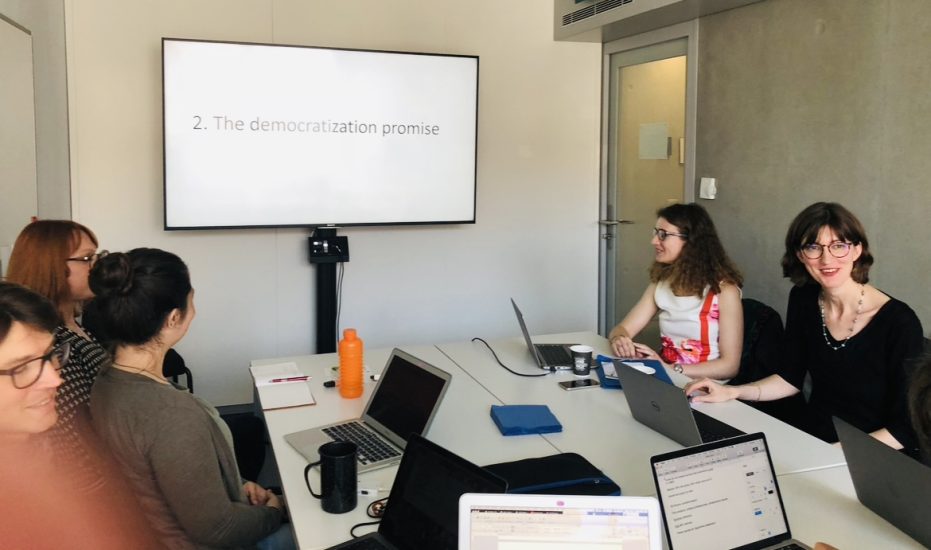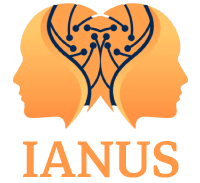The IANUS Media Panels are an integral part of IANUS’ interest in understanding and improving trust in science communication. In a world where media coverage profoundly shapes public perceptions of science, fostering trust and addressing mistrust is of paramount importance. Therefore, IANUS is dedicated to engaging science journalists and communication professionals, recognizing them as key stakeholders in this endeavor.
As a result, the primary goal of the IANUS Media Panels is to systematically analyze and discuss the results of IANUS’ work on various topics. By engaging with experts from diverse backgrounds and experiences, IANUS aims to gain comprehensive insights into the complex dynamics of trust in science in contemporary society. The media panels will involve providing a forum for discussion among science journalists and communication professionals and analyzing these discussions using their expertise and perspectives. Through anonymized group discussions, IANUS partners will explore issues such as media representation, expertise, public perception, misinformation, communication strategies, institutional trust, social media influence, cultural context, public engagement, and historical context. These discussions will be informed by the experiences and insights of the participants, providing valuable input to our research.
The IANUS media panels kicked off in Germany, in December 2023, with more to come in 2024. Initial analysis has already provided important insights into trust in science communication. Participants highlighted concerns about media representation and in particular, noted changes in trust since events such as the election of Donald Trump and the COVID-19 pandemic. Discussions also revolved around expertise and authority, public perception, misinformation, communication strategies, institutional trust, social media influence, cultural context, public engagement, and historical context. These findings highlight the multifaceted nature of trust in science, which is influenced by various factors ranging from media representation to cultural and historical contexts (Mahr and Coenen 2024, forthcoming).
In addition to our initial findings, IANUS partners have identified key themes and topics for further discussion, such as transparency and accountability, translation, and simplicity in communication, promoting diverse voices and inclusivity, improving science literacy, collaborative approaches to science communication, ethical reporting of research, addressing misinformation, challenges posed by generative language models, the role of editors, and navigating the distinction between science journalism and science PR.
As a project devoted to fostering trust in science, research, and innovation, IANUS invites science journalists and communication professionals to engage in further discussions on these issues. Possible questions for exploration include changes in public trust over the years, factors influencing trust, the media’s portrayal of scientific evidence, strategies for rebuilding trust, areas of science vulnerable to skepticism, the impact of social media, the role of education, and future challenges and opportunities in rebuilding trust.
Through ongoing dialogue and collaboration, we aim to advance our understanding of trust in science communication and contribute to building more effective and trustworthy science communication ecosystems.

